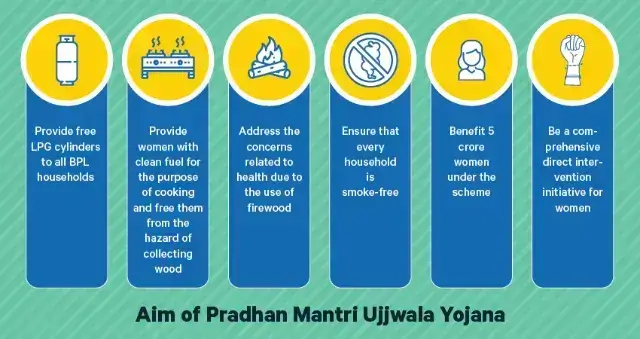From UPSC perspective, the following things are important :
Prelims level: National Education Policy (NEP)
Mains level: benefits and challenges of open-book exams

Central Idea:
The article discusses the recent reforms in India’s education system, particularly the introduction of open-book exams by the CBSE and the shift towards a more holistic approach to learning as outlined in the National Education Policy (NEP) of 2022. It reflects on the historical origins of education in India, the impact of the pandemic on traditional learning methods, and the need for a more dynamic and flexible educational framework.
Key Highlights:
- Historical perspective on education in India, tracing back to ancient gurukuls and traditional learning methodologies.
- The influence of colonial education policies and the subsequent need for modernization.
- Challenges posed by the COVID-19 pandemic, highlighting the limitations of traditional classroom-based learning and the disparities in access to education.
- The National Education Policy of 2022 and its emphasis on holistic development and a more flexible curriculum.
- Introduction of open-book exams and biannual examinations by the CBSE as part of efforts to reform the examination-oriented approach and promote continuous assessment.
Key Challenges:
- Mindset shift required among educators, students, and parents to adapt to new learning methodologies and assessment formats.
- Ensuring equitable access to education and technology, especially for students from marginalized communities.
- Overcoming resistance to change and traditional beliefs about the value of memorization-based exams.
- Implementation challenges, including training of teachers, development of appropriate study materials, and assessment methods for open-book exams.
- Balancing the need for continuous assessment with the demands of a standardized examination system.

Main Terms:
- Open-book exams
- Holistic development
- National Education Policy (NEP)
- Gurukuls
- Continuous assessment
- Colonial education
- Biannual examinations
Important Phrases:
- “Paradigm shift in education”
- “Dynamic and flexible educational framework”
- “Holistic learning approach”
- “Continuous assessment over memorization”
- “Equitable access to education”
- “Adapting to new learning methodologies”
- “Overcoming resistance to change”
Quotes:
- “The journey of education is an ever-evolving one.”
- “Change while staying true to the essence of holistic learning.”
- “Reclaiming the honour of being a ‘vishwaguru.'”
Anecdotes:
- The contrast between traditional gurukuls and modern-day classrooms.
- Personal experiences of students navigating the challenges of the pandemic and adapting to online learning.
Useful Statements:
- “The pandemic revealed the limitations of traditional classroom-based learning.”
- “The NEP emphasizes a shift towards holistic development and flexible learning methodologies.”
- “Open-book exams offer students a chance for continuous assessment and learning from mistakes.”
Examples and References:
- Examples of successful implementation of open-book exams in other educational systems.
- Reference to the Unified District Information System for Education (UDISE) report on learning outcomes during the pandemic.
Facts and Data:
- Introduction of open-book exams and biannual examinations by the CBSE.
- Statistics on learning outcomes and access to education during the pandemic from the UDISE report.
Critical Analysis:
- Evaluation of the benefits and challenges of open-book exams in promoting critical thinking and reducing exam-related stress.
- Discussion on the need for ongoing teacher training and infrastructure development to support the implementation of new educational policies.
Way Forward:
- Emphasize the importance of adapting to changing educational paradigms while preserving the essence of traditional learning.
- Invest in teacher training, technology infrastructure, and curriculum development to support holistic education.
- Foster collaboration between educators, policymakers, and communities to ensure equitable access to quality education for all students.
Get an IAS/IPS ranker as your 1: 1 personal mentor for UPSC 2024
